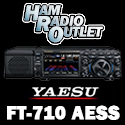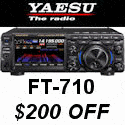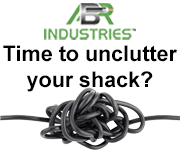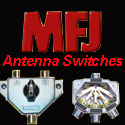FCC Seeks Comments for Blanket Waiver to Allow Amateur Radio in Hospital Emergency Dr
Discussion in 'Amateur Radio News' started by WB9QZB, Mar 5, 2010.
- Thread Status:
- Not open for further replies.
Page 25 of 26
Page 25 of 26
- Thread Status:
- Not open for further replies.










